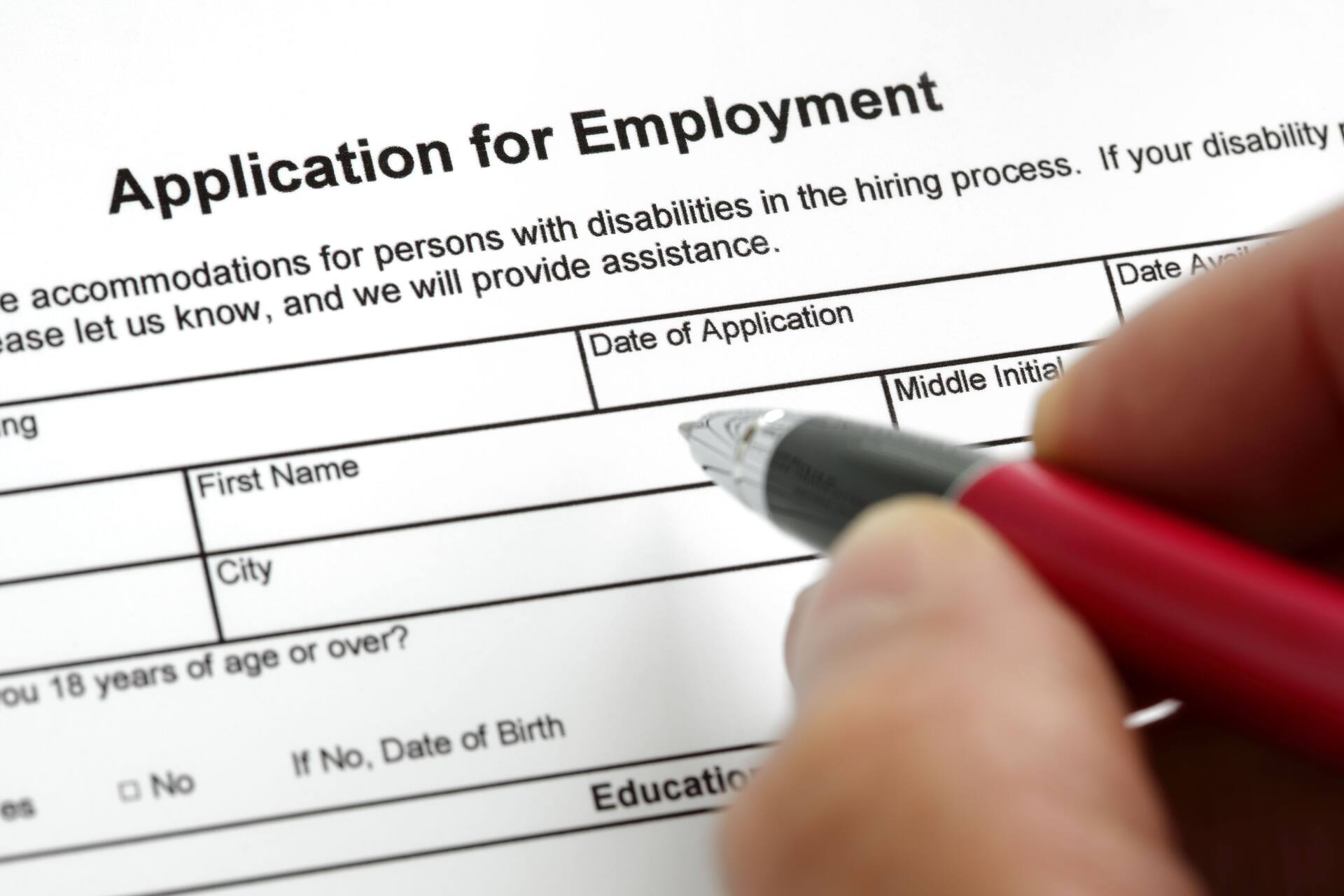Only 14.3% of job applicants with a Greek name get a call-back
Source: NEOS KOSMOS
Job applicants with non-English names receive half as many call backs as those with English names, according to a new study.
Researchers from Monash University found that applicants with ethnic names are 57 per cent less likely to be considered for a leadership role and 45 per cent less likely for non-leadership jobs.
The two-year study saw researchers send more than 12,000 job applications to over 4000 job ads across Melbourne, Sydney and Brisbane.
Three applications were sent for 12 different occupations, each included an almost identical resume, with the same level of qualification, with the only difference being the name.
In what is the first study to include leadership roles in its research, lead researcher Professor Andreas Liebbrandt says they represent the issue in new context.
“Our findings provide support for the existence of pronounced discrimination in the recruitment of leadership positions,” he said.
Six different ethnic groups were investigated by varying the names on resumes to Aboriginal and Torres Strait Islander, Arabic, Chinese, English, Greek and Indian names, but all candidates were born in, worked in and studied in Australia.
Just 14.3 per cent of Greek names received a positive outcome from a resume while 13.7 per cent did for lower level job.
Greeks fared slightly better than the other ethnic groups, perhaps strengthening the notion that Greeks are more accepted in Australia, now reaching their fourth generation, but were still almost 50 per cent less likely than English names.
The study also found that ethnic discrimination was higher if the leadership role required customer contact. For these type of roles, 30.6 percent of positive responses came from a resume with an English name whereas only 11.1 per cent of non-English received a positive response.
Liebbrandt points to stereotypes and the generalisation of what a leader looks like to the reasons for non-English names being ignored.
“Their decision-making could be also influenced by stereotypes and general leadership prototypes, so that they would prefer applicants with English names for leadership positions.”
Lead researcher Mladen Adamovic suggests that recruiters may think that customers expect and prefer to deal with one of those “prototype” leaders, someone that represents the organisation, so therefore they disregard someone of ethnic background.
Adamovic says the results proved discrimination was widespread in the job market.
“It’s pretty sad and frustrating to see that discrimination is caused by just a name on an application,” he told 7NEWS.
“There’s a glass ceiling that already starts before someone enters an organisation. Previous research only assumed there was this ceiling once someone was in a company.”
Last year, academic and former ABC broadcaster Dr Phil Kafcaloudes looked into why many Greeks anglified their names to fit into Australia.
The original article: belongs to NEOS KOSMOS .



